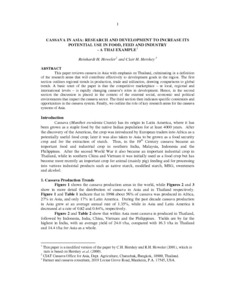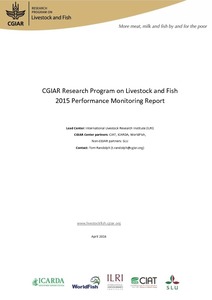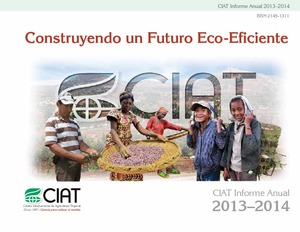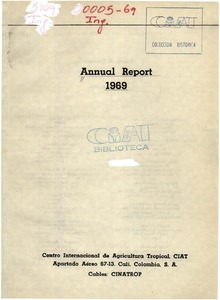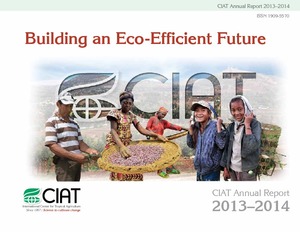CGIAR Systemwide Livestock Programme Report 2003. Searching for synergies in livestock research
The Systemwide Livestock Programme (SLP) of the Consultative Group on International Agricultural Research (CGIAR) works to alleviate poverty, protect natural resources and achieve food security in developing countries. The SLP has completed two transregional projects designed to identify the common factors that drive crop-livestock intensification and determine access to markets for smallholders. Working across three continents, the first project looked at farming systems operating at different levels of intensity.
Cattle breed preferences and breeding practices in southern Nigeria
Reports on completed and planned research to examine farmers' perceptions of different breeds, the discretion they exercise over breed composition, and the impacts of breed perceptions on breeding practices. ILCA has recently undertaken three household surveys that shed light on farmers' breed preferences and breeding practices. The survey results indicate that farmers' breed prortfolios are the outcome of dynamic processes that vary across farmers and environmental conditions.
CGIAR Research Program on Dryland Systems inception workshop for east and southern Africa - Quick comments from participants
Quick comments from some of the participants in an east and southern Africa inception workshop for the CGIAR Research Program on Drylands. The meeting was held at the Nairobi headquaters of the International Livestock Research Institute (ILRI) 5-7 Jun 2011.
CIFOR research abstracts 1999
This publication is a collection of in-house and external publications by CIFOR scientist and collaborators. Also included are abstracts of workshop and conference papers presented but not yet published Author index is provided.
CIFOR - using a 'system' approach to research evaluation
The overarching objective for CIFOR is to ensure that research activities result in significant impacts. A secondary, but very important, requirement is to be able to measure and quantify impact. However, impact assessment at CIFOR is viewed as a component in the broader frame of research evaluation and within the dynamic system of identifying problems, planning solutions, producing outputs, promoting adoption, and securing positive outcomes in line with its mission. In the context of this changing environment, adaptation and learning are key institutional requirements.

